Welcome to the MASTS Marine Biogeochemistry Forum
This Forum provides an integrated platform for knowledge exchange (information, education, networking), enabling the MASTS community to collaborate on Marine Biogeochemistry Research.
The Forum ensures marine biogeochemists play a key role in shaping the future Scottish marine environment, promoting national as well as international biogeochemistry accessibility.
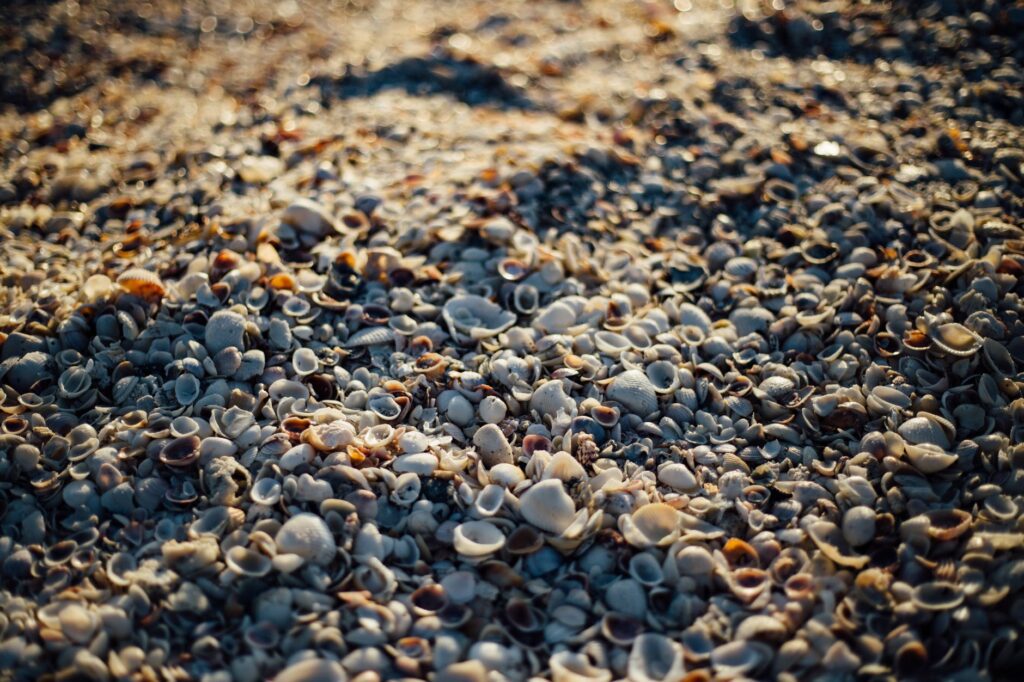
The Marine Biogeochemistry Forum (MBF) strives to ensure marine biogeochemists play a key role in shaping the future Scottish marine environment. Scottish marine biogeochemists are respected world-wide, and the MBF has facilitated consolidation of the Scottish marine biogeochemistry community by developing a united research strategy, with scientific excellence at its core. This is particularly important since a better understanding of biogeochemical processes and their sensitivity is required to evaluate their response to natural and anthropogenic change in the 21st Century and beyond.
Biogeochemistry is a key component of large national and international funding schemes and MBF research primarily addresses three environmental grand challenges: climate change and carbon cycling (including blue carbon and ocean acidification), open ocean biogeochemistry, and marine biomineralisation. In particular, the MBF has been pivotal in the formation of new initiatives including the role of nature-based solutions in mitigating climate change (e.g. The Scottish Blue Carbon Forum and industry-driven habitat restoration).
Effective biogeochemistry frequently requires the parallel measurement of multiple processes, often over long-time scales via monitoring infrastructure. The critical mass of scientists and infrastructure within MASTS enables MBF to unify those resources, conducting high profile and high impact research of benefit to both society and science.
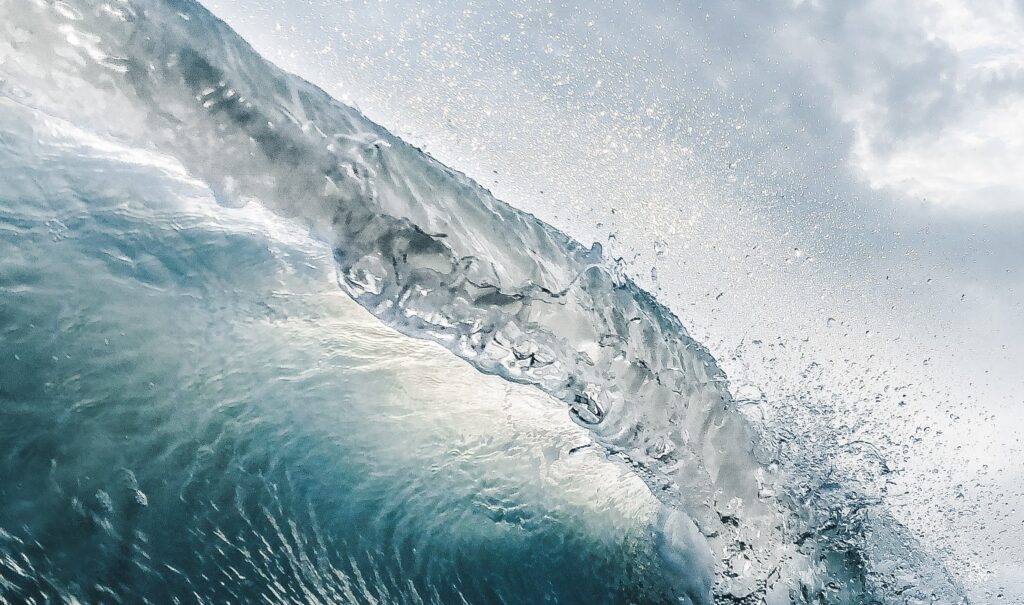
The Forum promotes international and national biogeochemistry accessibility, ensuring both international and within-MASTS interaction and impact, and facilitating common goals. Integration and communication are achieved using cross-cutting research agendas, themed workshops, meetings and social media.
MASTS Annual Science Meeting 2023, Glasgow – Gathering of the “Marine Biogeochemistry” Community

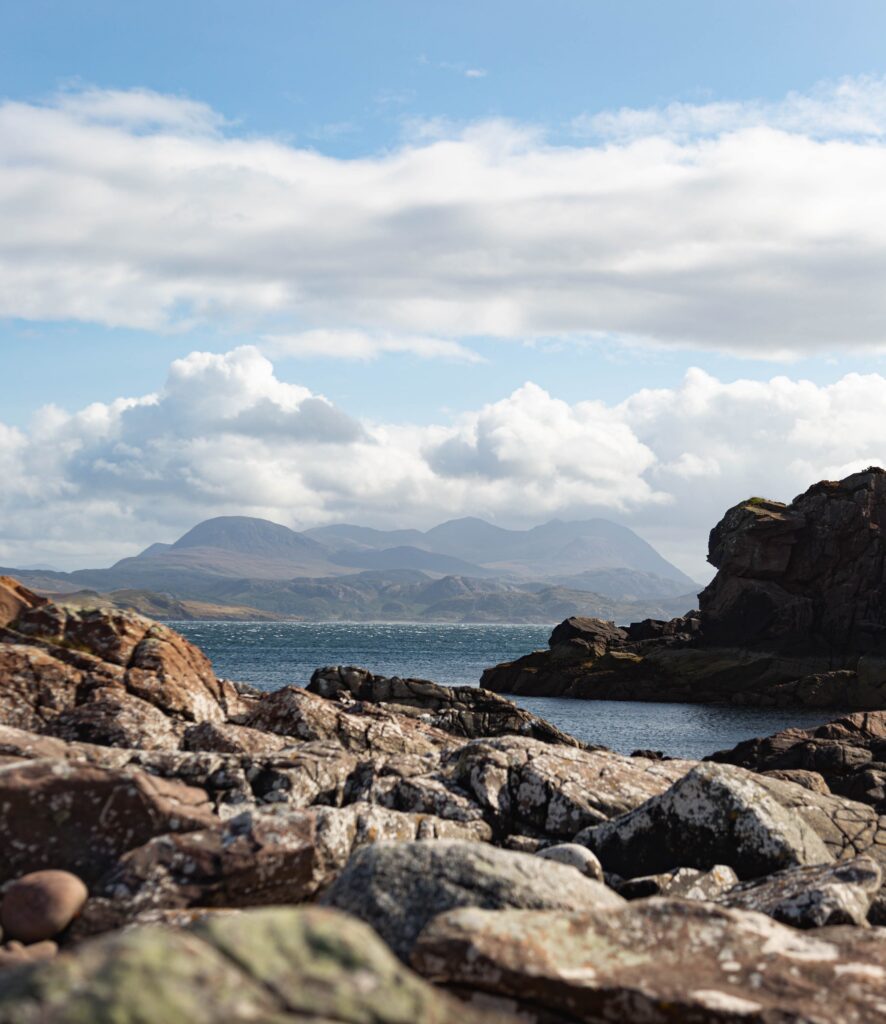
Alex Poulton
– Heriot-Watt University
Dr | Associate Professor | Biological Oceanography
Interests: Marine Ecology | Global plankton ecology | Aquatic Biogeochemistry | Linkages between diversity, primary production, bio-mineralisation, nutrient recycling
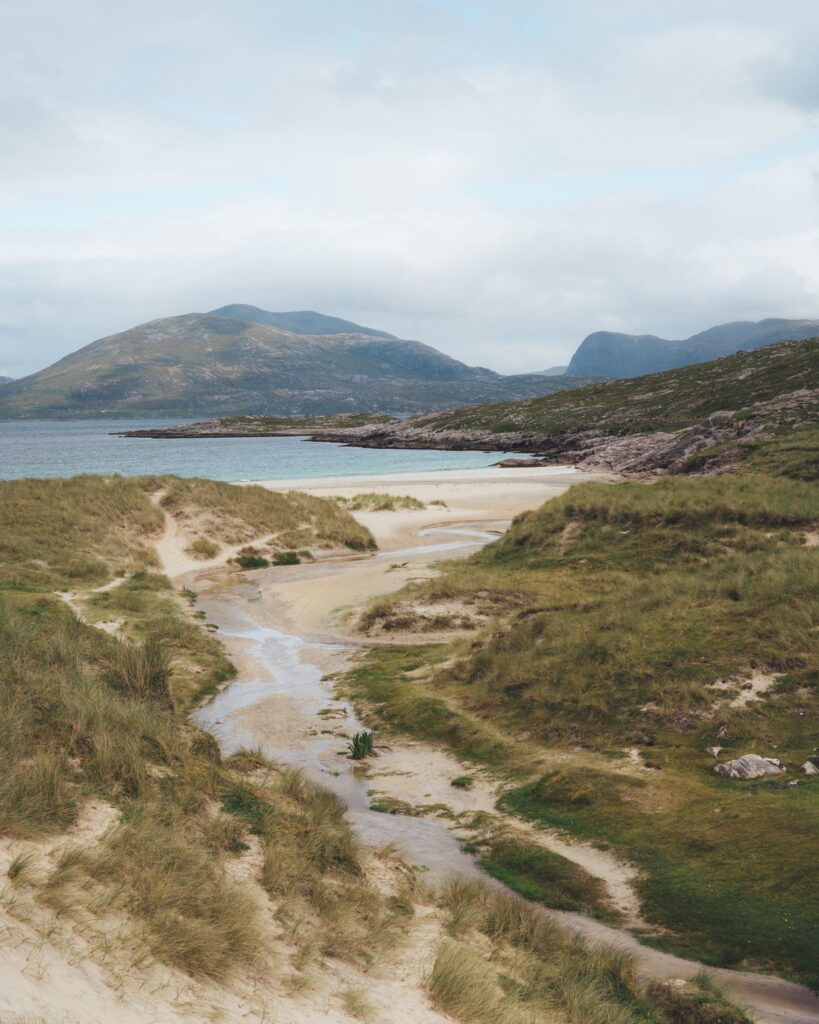
Robyn Tuerena
– SAMS
Dr | Lecturer in Nutrient Biogeochemistry
Interests: Nutrient and carbon cycling on local to basin scales and their interactions with phytoplankton and marine food webs | Nutrient concentrations, stable isotope techniques, stoichiometric tools
Anna Belcher (Forest Research), Claire Powell (Cefas), David Paterson (MASTS), Hannah Muir (Swansea University), Julie Hope (University of St Andrews), Marta Maria Cecchetto (Heriot-Watt University) and Natalie Hicks (University of Essex).
If you are interested in joining this Steering Group please contact [email protected].

MASTS was founded in 2009 to be a unique collaboration between marine research organisations, government and industry.
Charity Number: SC045259
Company Number: SC485726


We’re working behind the scenes to bring you a suite of useful, and updateable, resources including:
If you would like to be updated when the resources section is live please let us know.